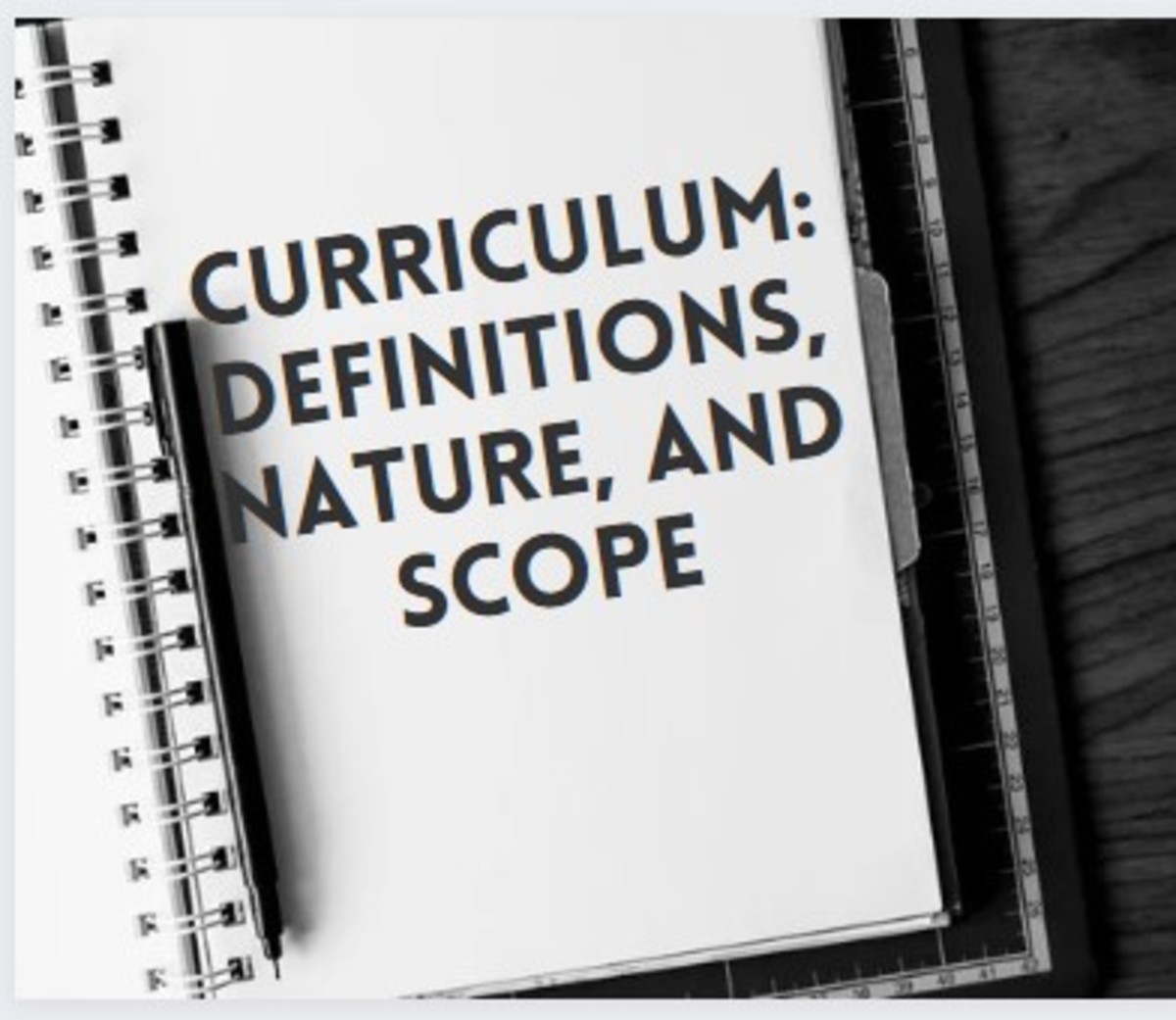Perfect Research
Research can be defined as a systematic quest for knowledge and truth. Researchers are usually guided by two major, and often conflicting, methodological positions: the positivist and the post-positivist. Critical realism is the most commonly used post-positivist philosophical approach (Trochim). The main difference between a critical realist and a positivist is that the critical realist believes that “all observation is fallible and has error and that all theory is revisable” (Trochim). For post-positivists, “perception and observation is fallible, our constructions must be imperfect” (Trochim). Hence, they do not accept the possibility of doing perfect research. As a critical realist, who does not believe in the infallibility of science, Morwenna Griffiths claims that “there is no hope of doing perfect research” (97). The aim of this article is to discuss whether doing perfect research is possible.
Before proceeding to the question about the possibility of doing perfect research, one must define the term “perfection”. According to Aristotle, the term has three meanings. “That is perfect:
1. which is complete — which contains all the requisite parts;
2. which is so good that nothing of the kind could be better;
3. which has attained its purpose.” (Perfection)
If we accept Aristotle's definition of perfection, we can deduce that perfect research is a complete and good research, which served its purpose. Thus, the perfection of a research can be assessed by applying three criteria:completeness, high quality and purpose-fulfillment.
In terms of completeness, the researches are complete in a sense that they have already been finished. However, it should also be taken into account whether the researches lacked any essential part. If you are using the sampling method for your researches, one might argue that their sample sizes are so small. However, “a sample should be as large as the researcher can obtain with a reasonable expenditure of time and energy.” (Fraenkel and Wallen 90). Research projects can be definitely extended, but I do doubt if they can be further improved.
As to the criterion of high quality, Lyn Yates, in her book titled What Does Good Education Research Look Like, claims that “good research” must contribute to learning, be usable and “scientifically-based” (13). If a research makes unique contribution to its field, it also contributes to learning. It can be said that they are “scientifically-based”, because they are based on empirical data and scientific research techniques like sampling and questionnaire.
In regard to the third and last criterion, purpose-fulfillment, one must specify how a research can serve its purpose. It can be said that if a researcher formulates a valid research question and gives a valid answer to that question, then the research attains its goal. If researches address the specific research questions accurately, it is possible to conclude that they fulfill their purposes.
A research might have certain limitations and constraints; but as long as it poses a legitimate research question and answers this question honestly and accurately, it is perfect enough. Hence, I think, doing perfect research is quite possible. Even if it is not possible, one should believe in the hope of doing perfect research, since science cannot progress without this hope.
Works Cited
Fraenkel, Jack R. and Norman E. Wallen. How to Design and Evaluate Research in
Education. New York : McGraw-Hill, 1993. Print.
Griffiths, Morwenna. Educational Research for Social Justice. Buckingham: Open University
Press, 1998. Print.
“Perfection”. Wikipedia: The Free Encyclopedia. Wikimedia Foundation, Inc. 8 September
2010. Web. 22 September 2010.




